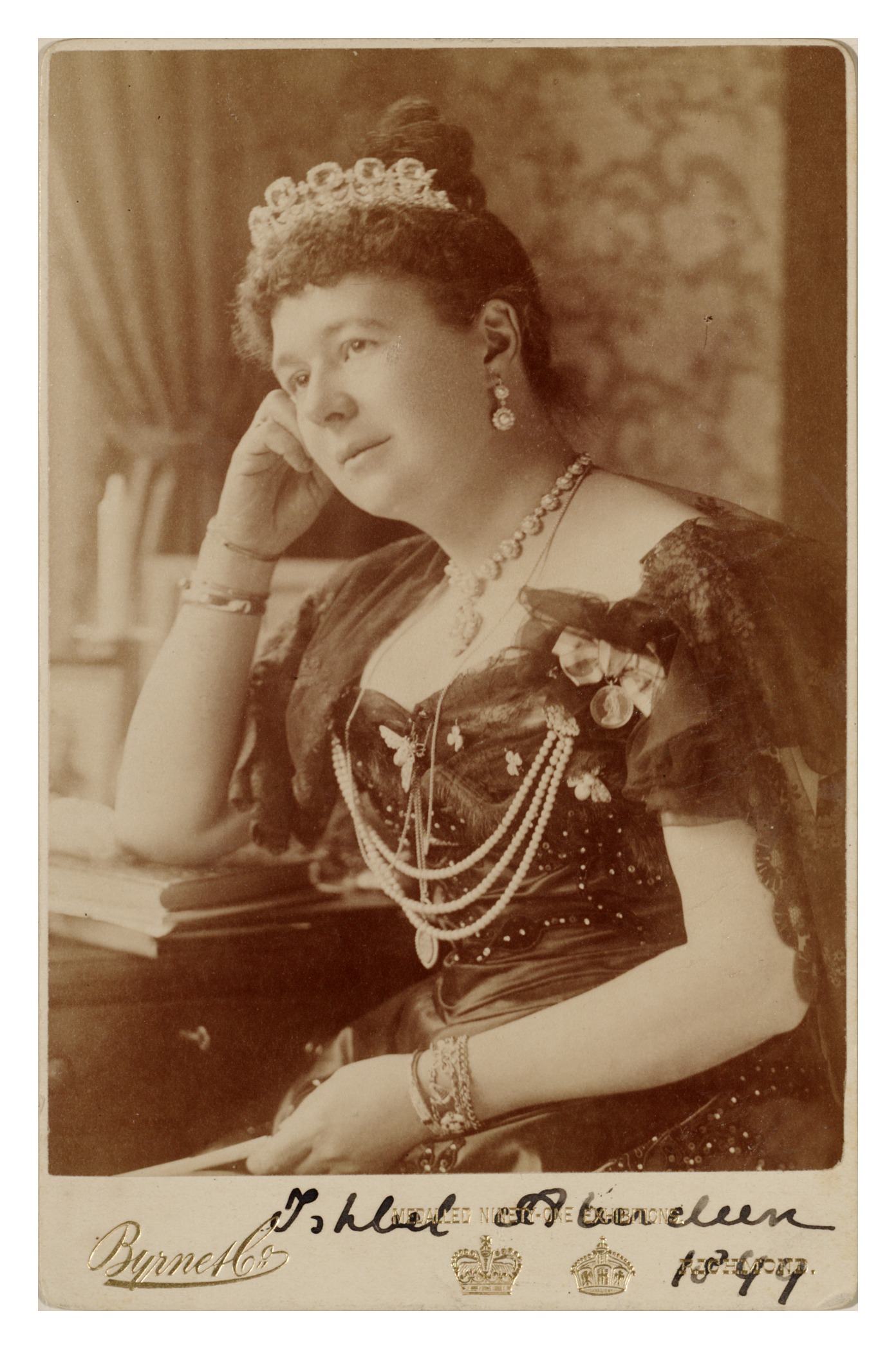“The maternal archetype is a rhetorically powerful image that is invoked to motivate the protection and sustenance of the environment. However, the use of motherhood as a unifying principle confounds womanhood with motherhood, and fails to honor the complexity of motherhood as an ideologically and socially constructed institution.” – Lynn M. Stearney
Written by: m.wilson
First-wave Feminism…
“the very being.. of the woman, is suspended during the marriage, or at least is consolidated and incorporated into that of her husband.”
-Judge Sir William Blackstonein (1753)
Maternal feminism is first-wave feminism and is related to the structural justice each person within a society relies on as individuals. For instance, structural justice establishes that women and children are not liabilities within a family (Johnson, 2020). In contrast, social isolation is a condition likely to perpetuate structural injustices – such as in the case of child brides, for example.
Responsibility as opposed to ownership, is said to breed solidarity and “Our responsibility derives from belonging together with others in a system of interdependent processes of cooperation and competition through which we seek benefits and aim to realize projects.”
(Young (2011) in Responsibility for Justice, Johnson 2020)

- First-wave feminism (18th century – 1920)
EGALITARIAN FEMINISM – 18TH CENTURY – education for women / divorce reform
MATERNAL FEMINISM – 19TH CENTURY – protect women and children
SOCIAL FEMINISM – 19TH CENTURY – women’s right to vote / abolition
- Second-wave feminism (1920-1970)
CIVIL RIGHTS MOVEMENT – desegregation / enforce legal rights
RADICAL FEMINISM – reproductive rights / gender roles
- Third-wave feminism (1980-2000)
SEXUAL DISCRIMINATION – sexual harassment / litigation
INTERSECTIONALITY – matrix of domination / domestic violence
- Fourth-wave feminism (2000 (2012?)-in progress)
LGBT MOVEMENT – sexual orientation in the workplace / equal rights
ME TOO – sexual violence…
CARCEREAL FEMINISM – increased incarceration for perpetrators…
ABOLITIONIST FEMINISM – anti-sex industry / problems with structures and institutions…
Positive Aspects – Protects Women and Children…
Despite some of the problems with the movement, advocates maintain that it is necessary to retain a close relationship with maternalist precepts in the interest of maternal health, and especially in the Global South where pregnant mothers experience dire outcomes. For example, in Guatemala, national attention is diverted away from social concerns like public health, especially in terms of family planning programs and reproductive rights recognition, which leads to increased infant mortality and morbidity (Johnson, 2020).’
“When women have a voice in national and international affairs, war will cease forever.” – Augusta Stow-Gullen, suffragist
Second-wave Setback – Exclusion of Females from the Civil Rights Movement…
Many people may not think of the Civil Rights Movement as being started by women in 1955. Of course, most Americans know the Rosa Parks story very well – but it is a story that seems to resonate more like some kind of an incident, such that many of us have upon occasion when we’re tired or just fed up. Knowledge of the first activist bus rider, Claudette Colvin, the four other female riders who’d protested on the bus months before Rosa, and Browder v. Gayle, which was affirmed by the Supreme Court a year later, may not be as widely held.
The massive bus boycott of Montgomery Alabama included black female activists who’d been petitioning city officials for years, and along with Ms. Parks, organized thousands of mostly black female domestic workers who would customarily ride in the back seats (US News, 2005).
10% OFF for ALL Musical Instruments with coupon: MusicalIn.Maternalism – based on a structure or a point of view that accepts and rationalizes a patriarchal society…
Several years later in 1963 at the March on Washington, there are no speeches made by women, only brief comments, singing, and the tens of thousands of women in the audience…
“After the bus boycott got going and (Martin Luther) King got involved, they wouldn’t even let Rosa Parks speak at the first mass meeting,” she said. “She asked to speak, and one of the ministers said he thought she had done enough.” – Lynne Olson, author of “Freedom’s Daughters: The Unsung Heroines of the Civil Rights Movement from 1830 to 1970.” (US News, 2005).

Maternal Feminism is seen to empower some of the structures that the New Abolitionist Movement is challenging…
“Mothers are often not properly recognized as subjects by other individuals around them. Indeed, mothers often experience the transition to motherhood in terms of just this loss of recognition. Having formerly been seen as agents of their own lives and treated by others as centers of agency, suddenly they find themselves perceived as largely subservient to the children for whom they care.”

